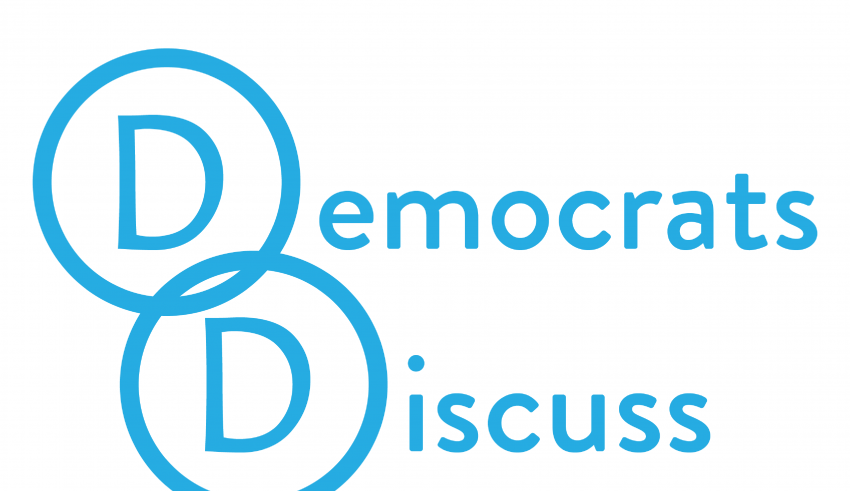OPINION: Democrats Discuss — America needs universal sex education
Mady Nutter is the Ohio University College Democrats political director. She is a sophomore studying strategic communications with a minor in public health. The following article reflects the opinion and views of the author and does not present those of the Ohio University College Democrats.
Please note that these views and opinions do not reflect those of The New Political.
With the fundamentally broken state of our health care and education systems, it is no surprise that the U.S. lacks a universal sex education curriculum. However, these factors do not make it any less essential for Americans to have access to this knowledge within their classrooms and beyond.
In the U.S., 39 states and the District of Columbia mandate sex education and/or HIV education, according to the Guttmacher Institute. Only 17 states require sex education to be medically accurate, and the state of Ohio is not one of them.
Ohio does not require schools to teach sex education at all, according to SIECUS, the Sexuality Information and Education Council of the United States. If there is any sexual health curriculum implemented, it must follow guidelines that closely mirror the federal definition of abstinence education. In addition, guardians have the option to excuse their child from any and all instruction.This is utterly unacceptable.
Our perceptions, connotations and expectations about sexuality shape so many aspects of our lives. Therefore, sex education should be about so much more than procreation or sexually transmitted infections (STI) you could contract.
We should be taught how to have healthy relationships with ourselves and our partner(s). Communication of consent, boundaries and pleasure are central to this discussion. People should also be taught what to do when a relationship isn’t healthy or if a sexual encounter wasn’t consensual, and they should be informed of what resources they can access for support.
People should not grow up thinking that they are damaged or dirty for getting an STI. When it comes to stressing the importance of using protection and responsibility in being sexually active, the only thing that fear-mongering accomplishes is shame around getting tested and treated for infections. This shame can have grave repercussions not only mentally, but physically, when an untreated STI can affect a person’s reproductive health for the rest of one’s life.
Birth control should be an element of sex education that does not only pertain to people who can get pregnant. Latex barrier methods are a critical aspect of preventing STIs, but they are only effective if we teach people how to use them correctly and consensually.
Sex education should also include the LGBT community vastly beyond the stigma and topic of HIV. We should be taught that sex does not only belong to heterosexual married couples and that sexuality exists on a spectrum. We should be creating spaces where LGBT people feel safe learning about themselves, especially when it comes to their gender, sex and sexual orientation.
People with disabilities are often left out of any discussions pertaining to sex, let alone the realm of sex education. A curriculum that leaves out people with disabilities is inherently ableist and would leave out people from one of the communities most vulnerable to sexual assault. We cannot have holistic sex education programs without including people of every ability.
Sex education cannot and should not be reduced to one week of information on puberty, nor a singular chapter in a health or biology class. People should know what their body will go through during pregnancy, menopause, andropause, a vasectomy or an abortion. These are just a few of the endless experiences and procedures our bodies may go through in life.Americans should be learning about their bodies as much as any other subject in school and even more. Our bodies are constantly changing, and no person is too young or too old to learn about those changes. Age-appropriate sex education is both achievable and necessary in the U.S.
Before we are Americans, we are first and foremost human beings, and human beings deserve to be educated about their bodies. Human beings deserve medically accurate information. Human beings deserve the right to learn safety, love and pleasure.

